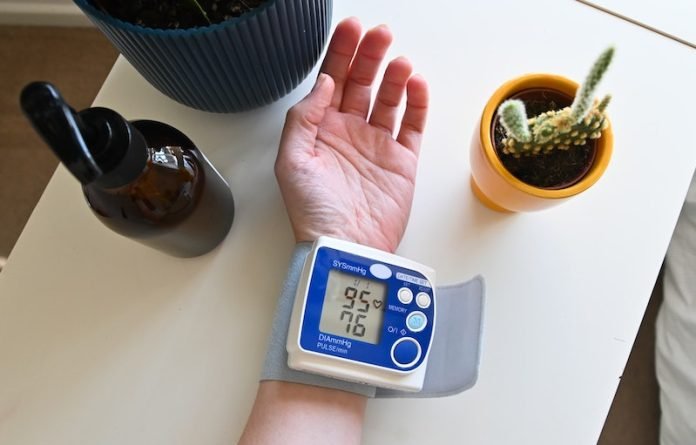
Scientists from Yale University recently have found despite a nationwide effort to control blood pressure, the number of older people hospitalized for a sudden, sharp rise in blood pressure surged over the last two decades in the United States.
The largest increase was among Black Americans, with the highest rates in the South.
In the study, the team examined whether we have made any progress in the last 20 years in preventing hospitalization for acute hypertension. And the answer is no.
The analysis of data on Medicare beneficiaries older than 65 found that hospitalizations for these severe jumps in blood pressure more than doubled between 1999 and 2019.
The overall annual hospitalization rate for high blood pressure emergencies increased by 5.6% during that time but increased by 6% among Black people.
Black patients also had a three times higher rate of hospitalization between 2017 and 2019, according to the study.
The team says these marked elevations in blood pressure require attention and interventions immediately, otherwise they could lead to target organ damage, including heart attack and stroke.
The finding that the hospitalization rate for blood pressure spikes is highest in the South is consistent with what is called a “stroke belt” in the medical literature.
Blood pressure is considered elevated when you have consistent systolic readings of 130 mm Hg or higher or diastolic readings of 80 mm Hg or higher, according to the U.S. National Heart, Lung, and Blood Institute.
The study was published in Circulation and conducted by Yuan Lu et al.
If you care about blood pressure, please read studies about cannabis linked to 3-times higher death risk in high blood pressure, and beetroot juice could help lower high blood pressure.
For more information about blood pressure, please see recent studies about how to treat slightly high blood pressure, and results showing plant pigment can strongly reduce blood pressure.
Copyright © 2023 Knowridge Science Report. All rights reserved.



